1. Pet Odors

Buyers love pets, but they don’t want to smell them. The scent of wet dog, litter boxes, or pet accidents can instantly turn people off because it suggests poor cleaning habits. Even well-maintained homes can have subtle animal smells that pet owners stop noticing. For buyers, though, those scents can trigger allergy concerns or hygiene doubts.
Pet odors tend to linger in carpets, upholstery, and even HVAC systems. Many buyers assume removing them will require expensive professional cleaning or replacement. Sellers should air out rooms, use enzyme-based cleaners, and wash pet bedding before showings. A fresh, neutral smell helps buyers imagine the space as their own — not the dog’s.
2. Cigarette Smoke

Few smells send potential buyers running faster than lingering cigarette smoke. The scent clings to carpets, drapes, and even walls, creating a stale, heavy atmosphere that’s hard to mask. Many buyers immediately associate the smell with long-term maintenance issues and health concerns. Even professional cleaning often can’t fully eliminate the odor, which makes homes with this scent harder to sell.
This reaction isn’t just about personal preference — smoke residue, or “thirdhand smoke,” can actually stick to surfaces for months. That means even if no one has smoked in the house for a while, buyers might still catch a whiff. Realtors often recommend deep cleaning or repainting to truly remove it. If you’re selling, a smoke-free smell is a must.
3. Mold and Mildew
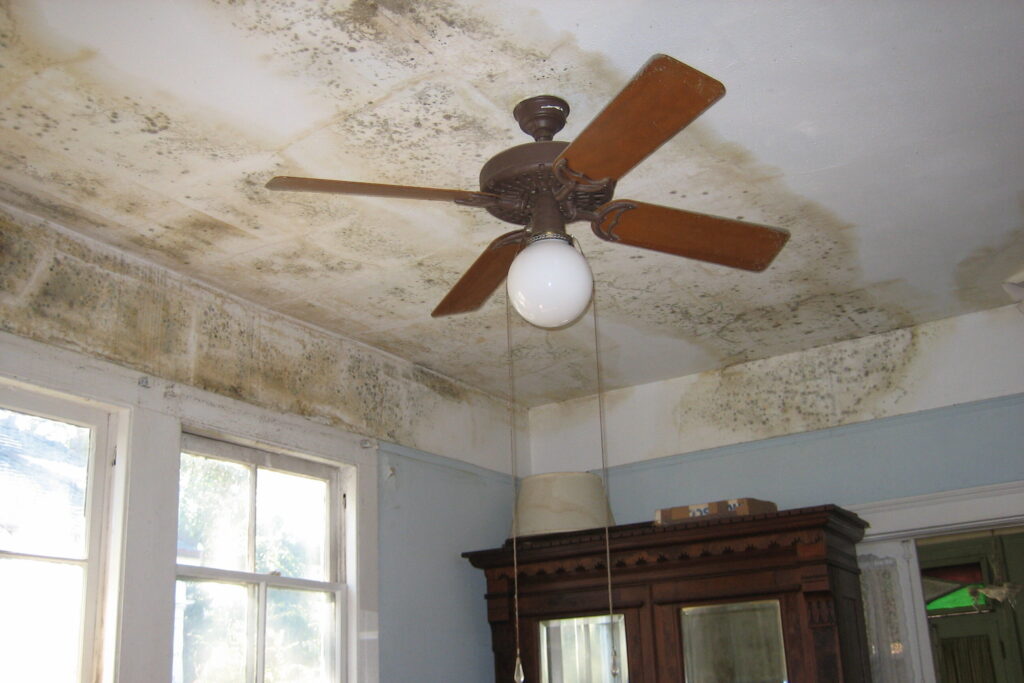
The musty scent of mold or mildew is one of the biggest red flags for potential buyers. It immediately raises questions about leaks, water damage, and indoor air quality. Even a faint musty odor in a basement or bathroom can make a buyer wonder what’s lurking behind the walls. It’s not just unpleasant — it suggests a maintenance problem that could be costly to fix.
Since mold spores thrive in damp areas, the smell often signals hidden moisture issues. Buyers know that mold remediation isn’t cheap and could affect their health. Before listing, sellers should identify the source, dry the area completely, and clean with a mold-killing solution. A clean, dry scent reassures buyers that the home is well cared for.
4. Strong Cooking Spices
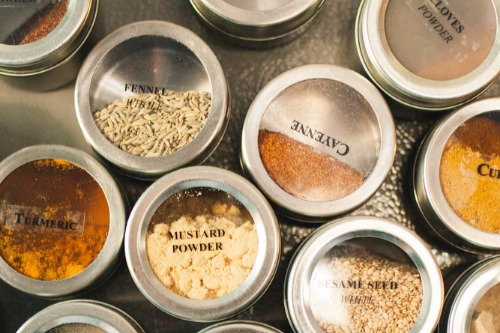
Curry, garlic, and fried foods may taste amazing — but their smells can linger long after dinner’s over. Strong cooking odors can seep into fabrics, upholstery, and vents, giving a home a “lived-in” scent that’s hard to shake. Buyers often interpret this as a sign the house hasn’t been aired out properly. Even if it’s clean, they may find the smell distracting or overwhelming.
This is especially true for open houses, where scent plays a big role in first impressions. Cooking smells can linger for days, and buyers may focus more on identifying what they’re smelling than appreciating the space. Neutralizing the air and running fans before showings helps immensely. Stick to mild aromas, like freshly baked cookies or a light citrus scent, to keep it inviting.
5. Trash or Rotten Food
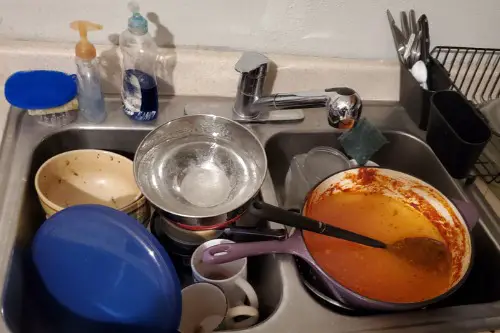
Nothing kills a deal faster than the scent of old garbage or spoiled food. Buyers subconsciously connect it to neglect and poor hygiene. A full trash can, especially in warm weather, releases unpleasant odors that spread through the entire house. Even if everything else looks spotless, this smell can dominate the experience.
Odors from decomposing food are made up of sulfur and ammonia compounds, which buyers are particularly sensitive to. Emptying all bins and taking out the trash before every showing is a small step that makes a big difference. Sellers should also check the refrigerator, disposal, and pantry for hidden sources. A clean, odor-free kitchen tells buyers the home is well maintained.
6. Dirty Laundry

The smell of sweaty gym clothes or damp towels might not seem major — but it’s one of the first things people notice in small spaces. Laundry odors tend to be sour or musty, making rooms feel stuffy and unclean. Buyers often assume that the scent reflects the overall upkeep of the house. A faint odor in a laundry room can even overpower the scent of fresh detergent.
Because humans quickly get used to familiar smells, homeowners might not realize how noticeable it is. However, buyers walking in fresh will detect it instantly. Running a load of laundry, drying towels fully, and using air fresheners can help clear the air. Clean scents suggest a tidy, cared-for home — something every buyer wants.
7. Strong Perfumes or Air Fresheners
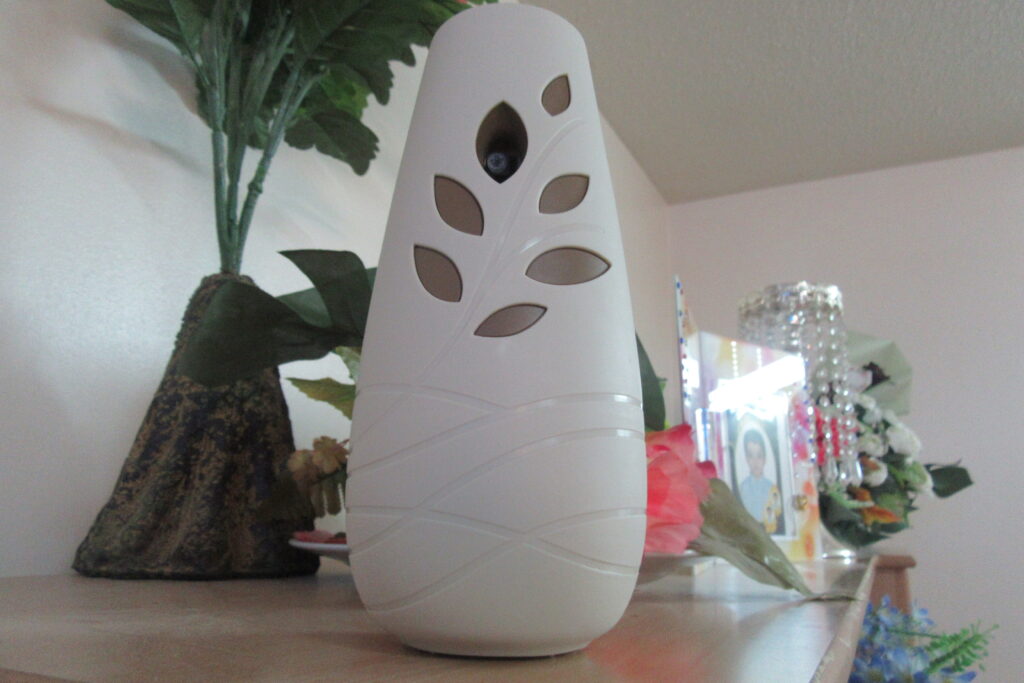
While sellers often try to mask odors with candles or plug-ins, too much fragrance can backfire. Overpowering scents make buyers suspicious, as they wonder what the seller is trying to hide. Artificial fragrances can also trigger allergies or headaches, causing people to cut their visit short. What’s meant to smell “fresh” can quickly feel fake and cloying.
The key is subtlety. A light, natural aroma — like fresh linen or citrus — enhances a space without overwhelming it. Too much scent, on the other hand, distracts buyers from the home itself. Neutral air always feels cleaner and more trustworthy than a heavy perfume cloud.
8. Damp Basement Smell

That earthy, damp scent common in basements can instantly signal trouble to buyers. It often points to excess moisture, which can lead to mold, mildew, or foundation issues. Even if it’s just humidity, the smell suggests potential water damage. Buyers may imagine costly dehumidifiers, drainage systems, or repairs before even finishing the tour.
The solution is to ventilate and dehumidify the space before showings. Using moisture absorbers and ensuring sump pumps are working can also help. A dry, fresh basement smell reassures buyers that the home’s foundation is solid. Even subtle dampness is enough to raise doubts about long-term maintenance.
9. Bathroom Odors

Bathrooms are small, so even faint smells can be magnified. Lingering odors from drains, old plumbing, or cleaning products can make the space feel unsanitary. Buyers expect bathrooms to smell crisp and clean — like a spa, not a locker room. When they don’t, it immediately lowers the perception of cleanliness.
Odors from trapped moisture or poor ventilation can also suggest bigger issues like mold or sewer gas. Before showings, sellers should clean thoroughly, flush drains, and let in fresh air. Using mild cleaners instead of harsh chemical scents keeps things neutral. A fresh-smelling bathroom tells buyers the home is both cared for and functional.
10. Old Carpet or Upholstery

The smell of aged carpet — that mix of dust, fibers, and maybe a hint of pet — instantly dates a home. Buyers pick up on it subconsciously, even if they can’t identify the source. It’s a sign that flooring hasn’t been replaced or maintained in years. Since carpet holds onto every odor it’s ever absorbed, it can make an entire room feel stale.
Vacuuming alone rarely removes embedded smells. Professional steam cleaning or replacing old carpet altogether can make a huge difference. Fresh flooring signals that the home is updated and move-in ready. Even the faintest musty scent can break that illusion.
11. Refrigerator or Freezer Funk

Potential buyers often open the fridge to check appliance condition — and a bad smell can ruin that moment instantly. Leftovers, spills, or forgotten items can produce powerful odors that escape into the kitchen. It’s one of those small details that make a big impact on how “clean” a home feels. Even if the rest of the house shines, a funky fridge sends the wrong message.
The fix is simple: empty it, wipe all surfaces with baking soda, and let it air out. A clean refrigerator gives buyers confidence that the entire kitchen has been well maintained. It’s a small step that signals big care. In real estate, those little sensory details often make the sale.
12. Dirty Drains or Garbage Disposals
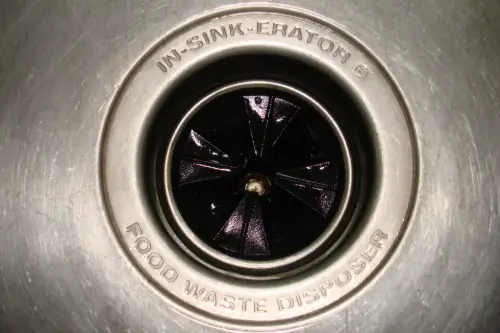
Few smells are as sharp and unmistakable as a sour kitchen drain. Food particles trapped in garbage disposals or pipes start to decay quickly, releasing unpleasant odors. Buyers interpret that as neglect or plumbing problems. It’s a small area, but the smell can spread fast through an open-concept kitchen.
Flushing drains with vinegar and baking soda before showings can neutralize the scent. Regular maintenance keeps odors from returning and prevents gunk buildup. Buyers are more likely to picture themselves cooking in a space that smells fresh. Clean drains might not stand out — but smelly ones definitely do.
This post 12 Everyday Smells That Instantly Turn Off Potential Buyers was first published on Greenhouse Black.
